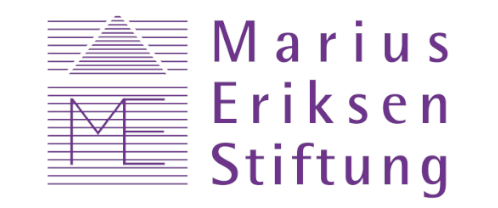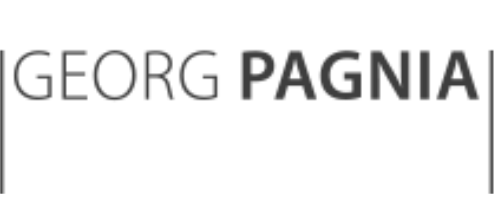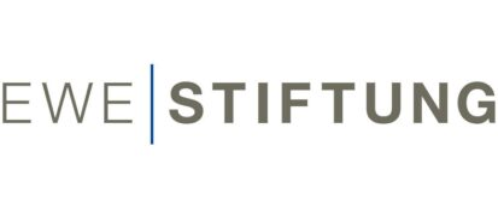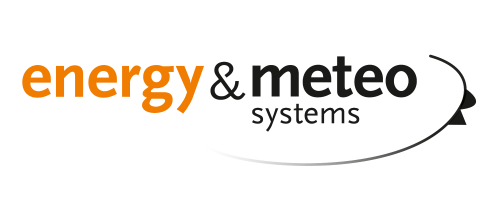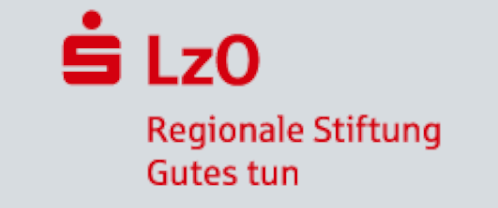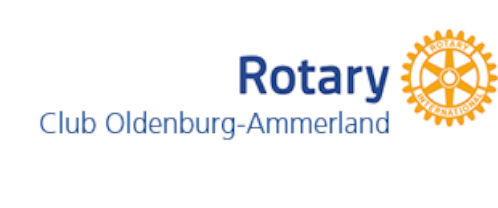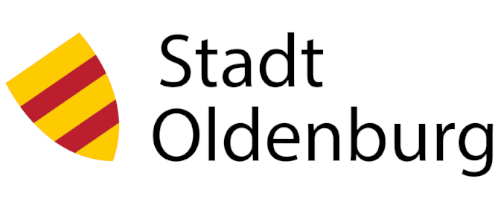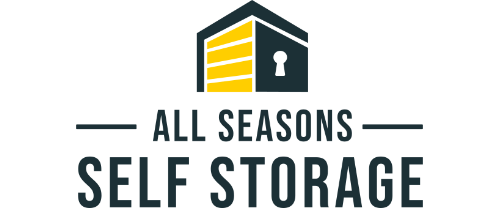OLMUN - International Debates and Social Interaction Since 2001
Having been founded by the former high-school student Gero
Elerd, the first Oldenburg Model United Nations Conference took place at the “Altes Gymnasium
Oldenburg” with about 100 participating pupils. Admittedly most participants of the first
session in 2001 were originally German, but nevertheless, a delegation from St. Petersburg
provided a certain international flair to OLMUN. Growing to 450 participants in 2006 and to
850 in 2013, the conference developed to become the largest of its kind in Germany. With more
and more participants, the number of committees has also increased from 3 in the beginning to currently
10 committees, offering a considerable diversity of topics.
One of OLMUN’s special features is that from the first session on, the conference has
been – and still is – completely organised exclusively by high-school students. The Inner Circle, consisting of
approximately 50 students, plans and organises every aspect of this event. In 2005, the OLMUN association was
founded with major involvement of Kersten Stamm to create a reliable base for the annual organisation of the
conference.
Of course, some teachers are involved as well, but only in their function as MUN-Directors, who serve as connecting links between OLMUN and the schools. On the one hand, they provide help and
preparation for their own students, and on the other hand they serve as reference persons for the Inner Circle. This
form of cooperation does not only secure the status of OLMUN as a MUN conference fully organised by their
participants but also marks an unprecedented interaction between the schools.
Moreover, our membership in JUNON (UN Youth association), a union of several German UN
groups, since 2007, means a further step towards national cooperation, gives us a chance to exchange experiences and
to connect with other MUNs.
As more and more students from abroad started to attend OLMUN, the need for
accommodation became more urgent. While the first international participants were part of an external exchange
programme, the position of ‘Housing Coordinator’ was soon introduced to administer the increasing number of
accommodations of international participants. Our housing programme, which allows foreign participants to stay with
host families in Oldenburg, is a brilliant opportunity for intercultural exchange.
In 2020, the conference was cancelled due to the COVID-19-pandemic. As an alternative
programme, an OLMUN@home challenge took place.
The following year the pandemic still did not allow for a large in-person-conference.
Therefore, OLMUN decided to implement a hybrid-model – a conference that was in part online and in part in-person.
Some committees were simulated online others in person.
Finally, in 2022, OLMUN could take place entirely in person again – even though the size of the conference was
significantly smaller than before COVID-19.
Due to OLMUN being fully organised by high school students and almost all the experienced organisers graduating from
school OLMUN faced the risk of discontinuation because of a lack of experienced students willing to continue the
project. Nonetheless, the Secretariat of OLMUN 2023 rebuild a new Inner Circle and was able to successfully organise
OLMUN 2023 as well as moving forward in closing the gap to pre-COVID numbers of participants.
With 600+ Delegates and 800+ total participants OLMUN 2024 almost reached its pre-COVID size. We look forward to
a wonderful event in June with many (international) schools re-joining OLMUN.
As OLMUN approaches its 25th anniversary, we proudly look back on our development and our status as one of the
largest and best-known high-school conferences in Europe. Every year, we as a team strive to deliver a unique and
educational experience to our participants, all while introducing innovative ideas. We have created countless
professional learning opportunities, and friendships for a lifetime find their roots at the OLMUN conference.
List of the Secretariats of Oldenburg Model United Nations Conferences (This year's Secretariat)
| Year | Secretary General | Deputy Secretary General | President of the General Assembly | Deputy President of the General Assembly | Treasurer |
|---|---|---|---|---|---|
| 2026 | Mia Vocke | Anouk Schmidt | Thubelihle Kimberly Nyoni | Laura Petra Blümel | Quinn Hendrik Kowars |
| 2025 | Emily Roshop | Jannika Ebel | Sophia Patricia Bieling | Thubelihle Kimberly Nyoni | Jakob Jasper Eriksen |
| 2024 | Philipp Bruhns | Emily Roshop | Lenja Hinrichs | Lada Blech | Mika Jelko Niederheide |
| 2023 | Amélie Vocke | Nina Hempel | Mika Jelko Niederheide | Anna Siebels | Marleen Schmidt |
| 2022 | Jelto Heykants | Annelie Kostka | Per Pagnia | Kian Assent | Claas Kämpf |
| 2021 | Anne zur Horst | Hendrik Ebel | Tristan Leoluca Farinella | Caroline Renz | Joanna Grave |
| 2020 | Anne zur Horst | Hendrik Ebel | Keno Hillmer | Tristan Leoluca Farinella | Joanna Grave |
| 2019 | Hedda Spengemann | Amelie Schmidt | Dennis Kirsch | Rasmus Conrad | Anita Kluck |
| 2018 | Robin Runge | Alexander Linke | Nika Andouz | Anita Kluck | Sebastian Sanders |
| 2017 | Josefine Went | Clara Feldmann | Dominik Ulke | Alexandra Kovalcikova | Tammo Strack |
| 2016 | Kai Steffen Menneking |
Josefine Went | Alke Hochwald | Yannick Bargfeldt | Esther Eriksen |
| 2015 | Ruben Eero Semmerling |
Kim Eickmeyer | Emma Beelen | Eva Carlotta von Gablenz |
Markus Jankowski |
| 2014 |
Julian Maskow | Kim Eickmeyer | Onno Winters | Gareth Edwards | Tim Kempermann |
| 2013 | Helge Wellmann | Catharina Jantos | Yannick Meißner | Felix Seliger | |
| 2012 | Catharina Jantos | Finn-Ole Metscher | Phillip Kuck | Sebastian Katzer | |
| 2011 | Carla Henckel | Sebastian Klotz | Alex Schmidtke | Felix Virmani | |
| 2010 | Greetje Grove | Sören Zuppke | Fabian Wiesenäcker | Hannes Felix Grosch | |
| 2009 | Julian Heno | Giulia Jonetzko | Birthe Rindt | Arne Gellrich | |
| 2008 | Arja Frömel | Felix Bayer | Amelie Hartmann | Hendrik Bäumler | |
| 2007 | Timo Schulze | Madjar Navah | Manuel Becker | Dörthe Johannes | |
| 2006 | Sören Koselitz | Dirk Romey | Julian Heick | Henrike Haueisen | |
| 2005 | Kersten Stamm | Swantje Wübbenhorst | Merle Frömel | Jantje Kuil | |
| 2004 | Dennis Ströh | Kersten Stamm | Ali Aslan Gümüsay | Swantje Wübbenhorst | |
| 2003 | Meike Wübbenhorst | Ali Aslan Gümüsay | Sientje Möller | Susanne Beerheide | |
| 2002 | Gero Elerd | Ole Seidenberg | Katja Ferenz | ||
| Year | Secretary General | Chairs | |||
| 2001 | Gero Elerd | Rebecca Beerheide | Sebastian Bick | Ole Seidenberg |
